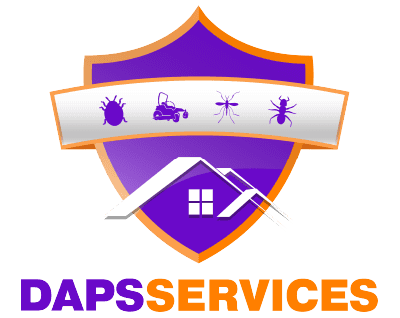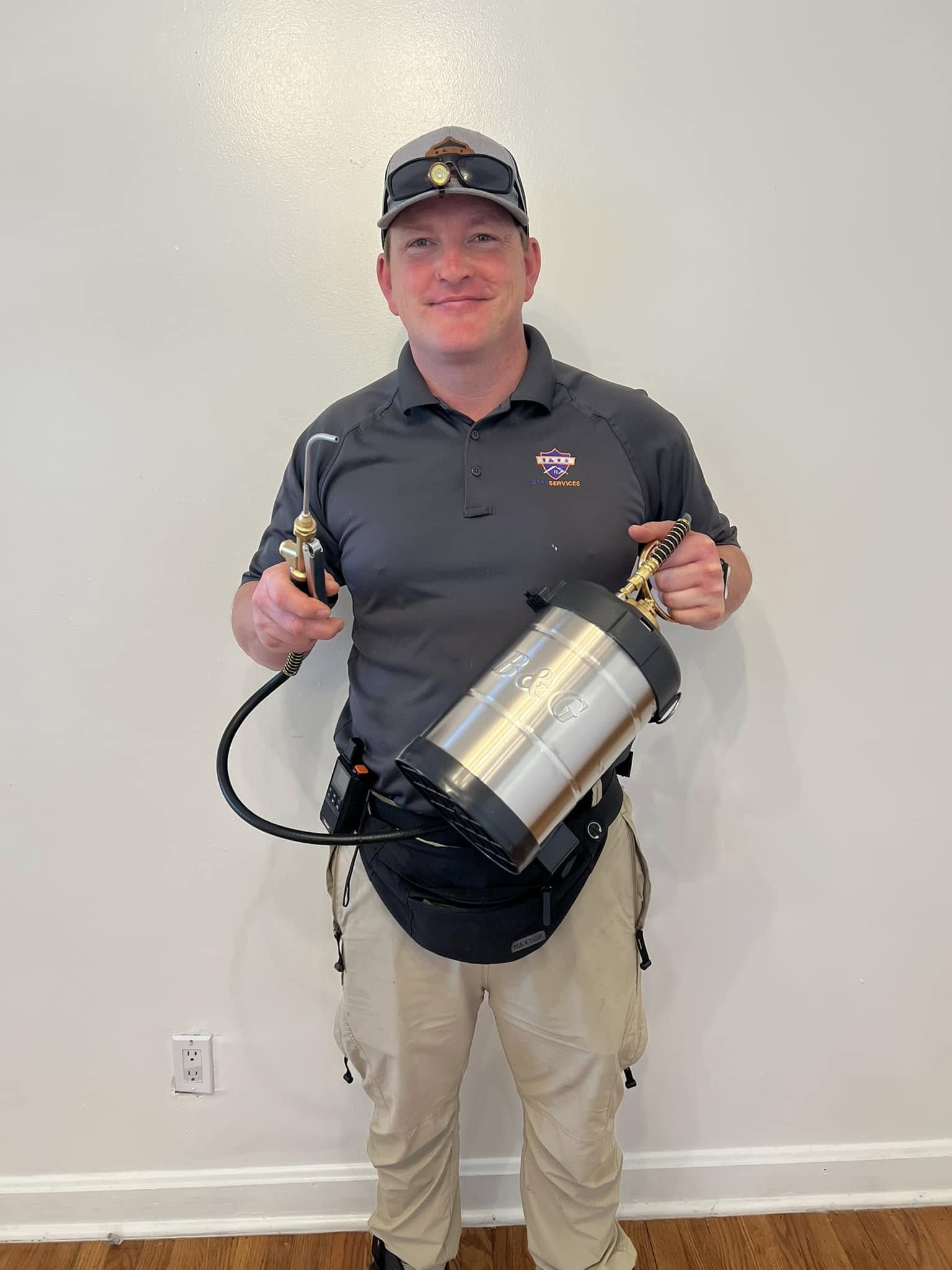Inviting a pest control service into your home is a matter of trust. You’re allowing strangers to apply treatments around your living spaces, expecting them to solve problems that affect your family’s comfort and safety. But not all pest control companies operate with the same standards, methods, or values.
Asking the right questions before hiring a pest exterminator helps you make informed decisions and build a productive relationship with the professionals who will protect your home.

Questions About Inspection and Assessment
Ask potential providers how they assess pest problems before treatment. Find out if the initial inspection costs anything and what it includes. Some companies offer free inspections but provide only surface-level assessments. Others charge for detailed inspections but apply that fee toward treatment if you choose their service. Understanding this policy helps you evaluate the true value offered.
Ask how they identify the specific pests in your home. Different ant species, for example, require different treatment approaches. Companies that treat all ants the same way often deliver poor results.
Question whether they look for the underlying causes of pest problems. They should check for moisture issues, food sources, entry points, and harborage areas that contribute to infestations. This comprehensive approach delivers longer-lasting results than simply spraying pesticides.
Questions About Treatment Methods
When evaluating a pest control company’s approach to treatment, consider asking:
- What specific methods will they use? The technician should clearly explain their approach, describing both the products they’ll apply and why they’ve chosen those specific methods for your pest issues.
- How safe are their treatments? Especially important for homes with children, pets, or family members with health concerns. Quality companies use targeted applications that minimize risks.
- Do they practice integrated pest management (IPM)? Modern pest control should use a combination of methods including exclusion, habitat modification, and targeted product application rather than relying solely on chemicals.
- Are eco-friendly options available? While conventional treatments remain effective, many homeowners prefer reduced-risk alternatives when possible.
Vague answers to these questions might suggest either poor training or a one-size-fits-all approach that may prove ineffective long-term.
Questions About Technician Qualifications
Ask about technician training and certification. Beyond these basic requirements, quality companies provide ongoing education to keep their staff updated on the latest pest control methods and safety protocols.
Find out if the same technician will service your home regularly. Consistent service from the same professional allows them to become familiar with your property’s specific challenges and history. This continuity often results in better long-term outcomes compared to seeing different technicians each visit.
Ask about the technician specialization for specific pest problems. While general technicians handle common household pests effectively, issues like termites, bed bugs, or wildlife often require specialized training and equipment.
Questions About Guarantees and Follow-Up
Ask about their service guarantee in specific terms. Rather than vague promises about customer satisfaction, quality companies offer clear guarantees covering specific time periods and conditions. They should explain exactly what happens if pests return after treatment and what additional service they’ll provide at no cost.
Find out about their follow-up process after initial treatment. Effective pest control often requires multiple visits to completely resolve problems, especially for persistent pests like German cockroaches or bed bugs. The company should explain its standard follow-up schedule and how it tracks progress toward complete resolution.
Ask how they handle emergency pest issues between scheduled visits. What do they do in case of an unexpected problem? Do they return within 24-48 hours to address urgent concerns? Their policy for these situations should be clearly explained before you sign a service agreement.
Inquire about their documentation practices after each service. Professional companies provide detailed records of treatments applied, areas serviced, and recommendations for preventing future problems. This documentation helps you track progress and maintain a history of your home’s pest management.
Questions About Communication and Customer Service
Ask how they communicate before and after service visits. Find out who to contact with questions or concerns between visits, and ask about their typical response time for questions or service requests. Finally, beyond treating existing problems, they should help you understand how to prevent future issues, teaching you how to maintain a pest-free home in between professional visits.
Evaluating the Answers
The answers to these questions help you identify companies that view pest control as a professional service rather than just a commodity. Quality providers welcome informed customers and take time to address your questions thoroughly. This initial conversation often reveals more about a company’s values and approach than any advertisement or price quote.
By asking these questions before hiring a pest control service, you establish clear expectations and begin building a productive partnership. The right pest control provider becomes a valuable ally in protecting your property from pests.

